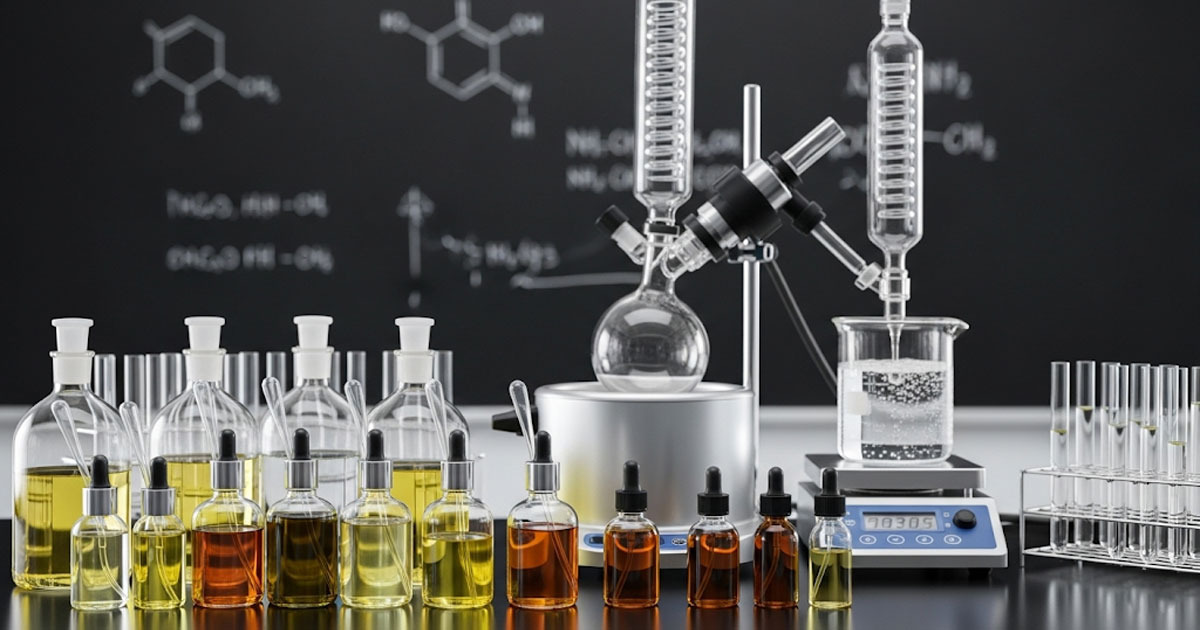How Hotel Chains Standardize the Quality of Hygiene Amenities
In the hospitality industry, consistency defines credibility. One of the most overlooked yet essential contributors to a hotel’s reputation is the quality of its hygiene amenities. From shampoo and body wash to hand sanitizers and dental kits, every item in a guest’s bathroom reflects a hotel brand’s attention to detail.
To ensure a uniform guest experience across multiple properties and locations, global hotel chains invest heavily in the standardization of hygiene amenities. This article examines the behind-the-scenes strategies that shape this critical aspect of hotel operations.
The Role of Centralized Procurement Systems
Strategic Sourcing Across Global Locations
Hotel chains rely on centralized procurement departments to standardize hygiene amenities. These teams are responsible for selecting suppliers capable of delivering consistent product quality at scale.
For global brands, the ability to source regionally while adhering to brand standards is key. Procurement teams evaluate suppliers not only for cost-efficiency but also for compliance with regulatory standards and environmental certifications. This ensures that products meet local health and safety laws while aligning with the brand’s sustainability goals.
Framework Agreements and Preferred Vendors
Framework agreements with preferred vendors are a common tool for ensuring standardization. These contracts define exact product specifications, packaging design, fragrance profiles, and even ingredients.
By locking in these details with approved suppliers, hotel chains avoid the risk of variations across locations. Additionally, preferred vendors are required to implement quality control procedures, batch testing, and regular audits. This model allows for predictable quality and fosters long-term supplier relationships built on mutual accountability.
Integration with Property Management Systems
To streamline distribution, hotel chains often integrate hygiene amenity orders into their Property Management Systems (PMS). This digitization allows for real-time tracking of inventory levels, automated reordering, and centralized billing.
Such integration reduces human error, ensures supply continuity, and enables regional or global performance tracking. The result is operational efficiency and uniform product availability, regardless of hotel location.
Quality Assurance and Brand Perception
Setting Internal Quality Benchmarks
Beyond regulatory compliance, hotel chains establish internal benchmarks for amenity quality. These standards encompass everything from pH balance in body wash to the ergonomic design of dispensers.
Testing is conducted in laboratories to validate shelf life, user safety, and allergen-free claims. Product performance is also tested in live hotel environments to gather feedback on user satisfaction. This rigorous quality assurance process ensures that guests across all properties enjoy the same level of comfort and reliability.
Custom Formulations and Private Labeling
Many upscale hotel brands invest in custom formulations or private labeling. These products are developed in collaboration with formulators to meet specific olfactory and skin-feel preferences aligned with the brand identity.
Private label amenities not only reinforce branding but also signal exclusivity. From signature scents to branded packaging, such customization adds to the perceived value of the stay and enhances guest loyalty.
Sustainability as a Quality Dimension
Modern travelers increasingly expect hotels to offer eco-conscious amenities. In response, many hotel chains have redefined quality to include sustainability metrics. Biodegradable materials, refillable dispensers, and cruelty-free certifications are now integral to amenity development.
Chains that standardize such practices position themselves as both responsible and innovative, improving brand perception among environmentally aware guests.
Operational Training and Guest Satisfaction
Training Housekeeping and Frontline Teams
Even the most premium amenities can fall short without proper handling. Hotel chains invest in operational training to ensure that housekeeping and front desk teams understand product usage and replacement protocols.
Standard operating procedures (SOPs) include guidelines for refilling dispensers, rotating stock based on expiration dates, and reporting quality concerns. This human element in the standardization process ensures the final delivery of amenities aligns with expectations.
Collecting and Analyzing Guest Feedback
To refine hygiene amenities, hotel chains rely on structured guest feedback. Digital surveys, in-room QR codes, and review analytics allow brands to identify satisfaction trends. Data is used to modify formulations, redesign packaging, or switch suppliers when necessary.
This iterative approach ensures that amenities evolve with guest preferences while maintaining brand consistency.




